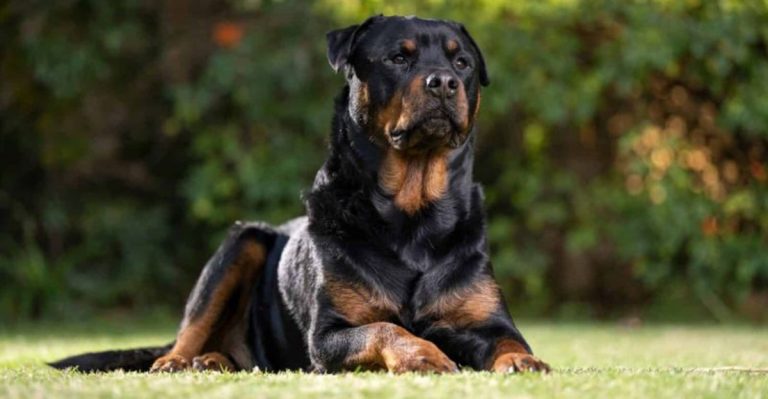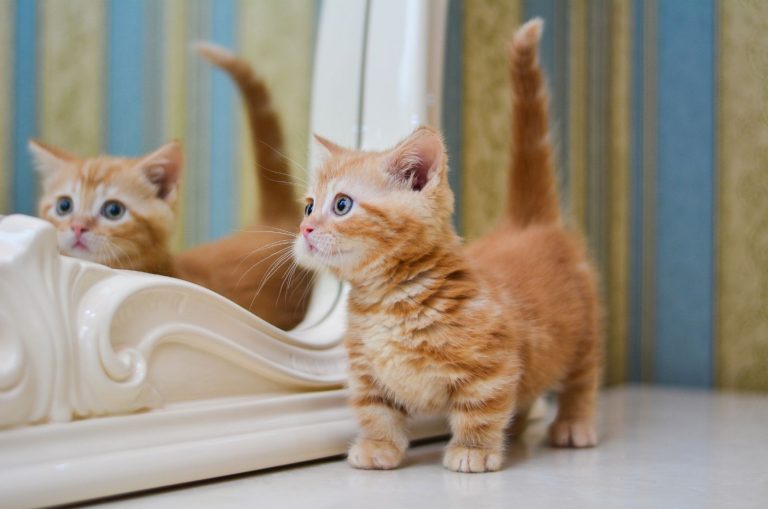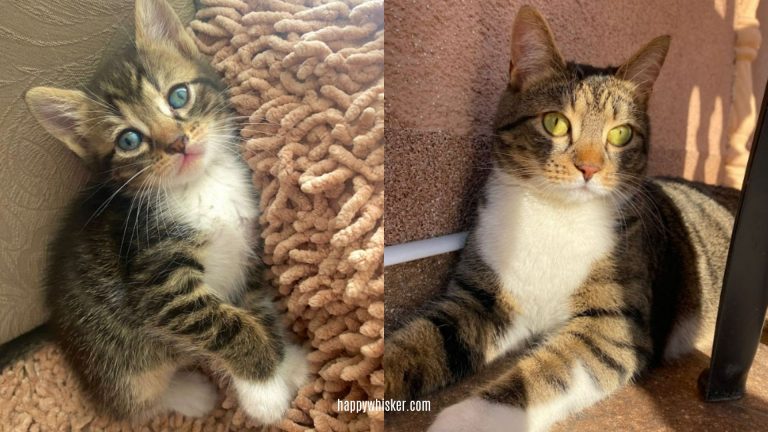16 Dog Breeds That Simply Don’t Get Along With Other Dogs
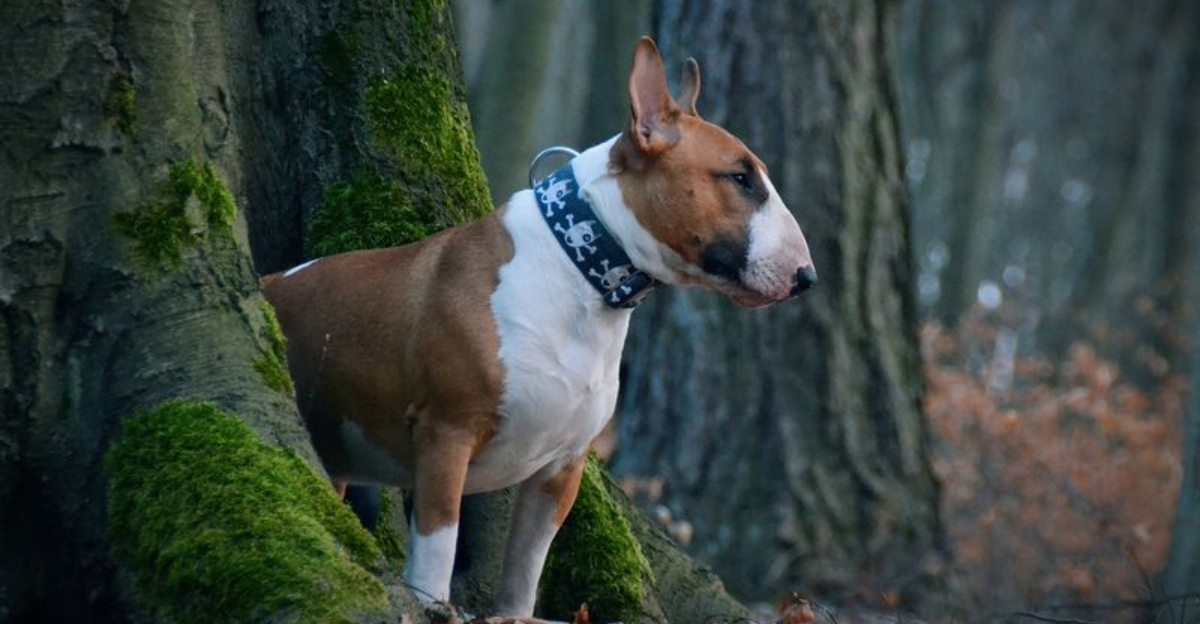
Dogs are generally known as social animals, but not all canines play well with others. Some breeds have strong territorial instincts or dominant personalities that make them challenging companions for other dogs.
Whether due to their history, temperament, or protective nature, these breeds often struggle with canine socialization and may be happier as the only four-legged member of your household.
1. American Bulldog
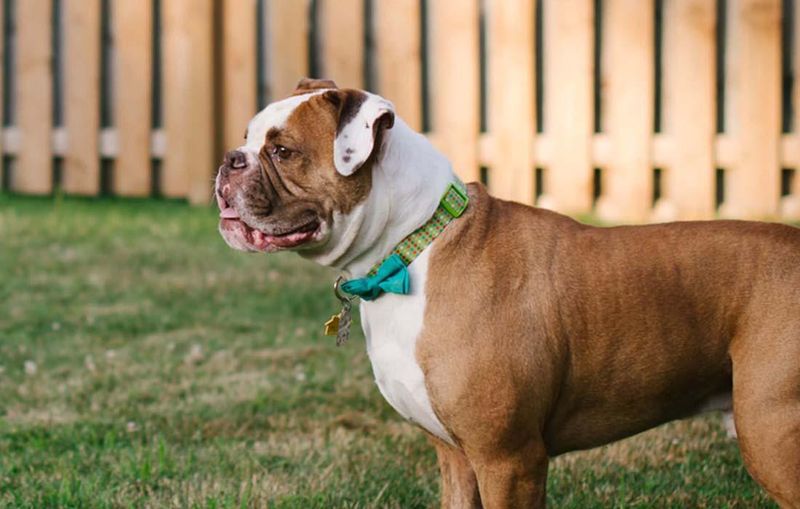
Muscular and protective, American Bulldogs often clash with other canines due to their strong territorial drive. They form intense bonds with their families and may view other dogs as threats to their position.
Early socialization helps, but many American Bulldogs prefer being the only dog in the home. Their stubborn determination means they rarely back down from confrontations.
2. Chihuahua
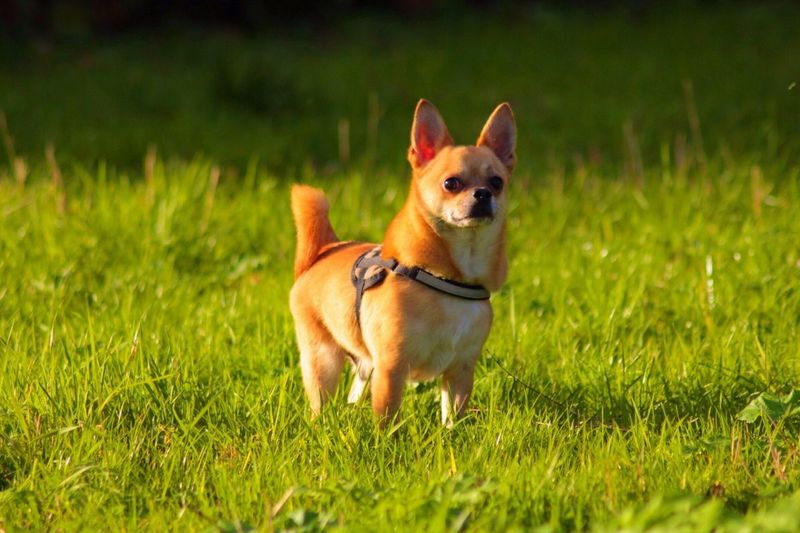
Don’t let their tiny size fool you! Chihuahuas pack enormous personalities into small packages and frequently challenge dogs ten times their size. Their fearless nature often borders on reckless.
Many Chihuahuas bond intensely with one person and view other animals as competition. Their high-pitched barking serves as a warning system against perceived canine intruders.
3. Dachshund

Originally bred to hunt badgers, Dachshunds carry surprising amounts of attitude in their elongated bodies. Their hunting instincts remain strong, making them suspicious of unfamiliar dogs.
These sausage-shaped canines can become possessive of toys, food, and their favorite humans. Despite their comedic appearance, they take territorial defense seriously and won’t hesitate to stand their ground.
4. Akita
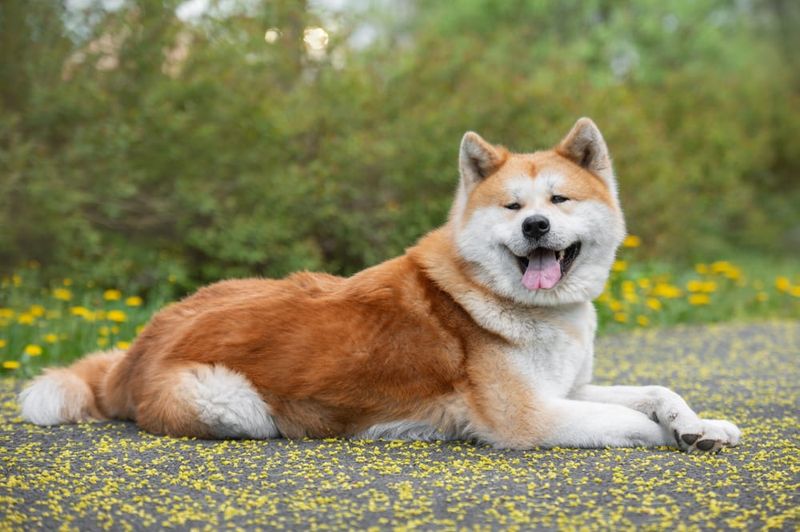
Dignified and powerful, Akitas were developed as guard dogs and retain strong protective instincts. They typically form deep bonds with family but remain suspicious of outsiders – including other canines.
Same-sex aggression is particularly common in this breed. An Akita’s imposing size and quiet confidence often intimidate other dogs, creating tension during encounters at parks or on walks.
5. Jack Russell Terrier
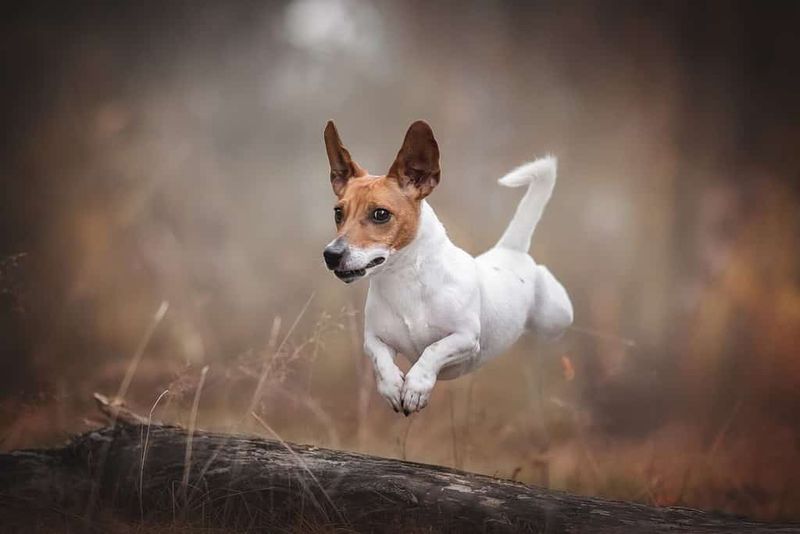
Bursting with energy and confidence, Jack Russells approach life with unmatched intensity. Their hunting background makes them prone to chasing smaller animals and challenging larger dogs without considering the consequences.
These compact terriers rarely back down from confrontation. Their quick movements and tenacious personalities can trigger prey drive or defensive reactions in other dogs, creating a perfect storm for conflict.
6. Shiba Inu
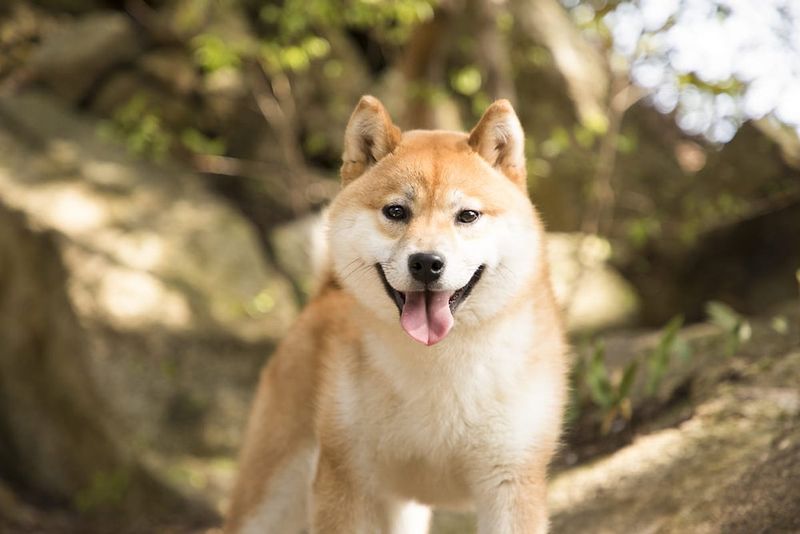
Behind those fox-like features lies a fiercely independent spirit that often rejects canine companionship. Shibas typically prefer human company and view other dogs as unwelcome intruders in their carefully ordered world.
Their aloof nature can be misinterpreted as aggression. Many Shiba owners discover their pet’s preference for solitude only after unsuccessful attempts at dog park socialization or adding a second pet.
7. Bull Terrier
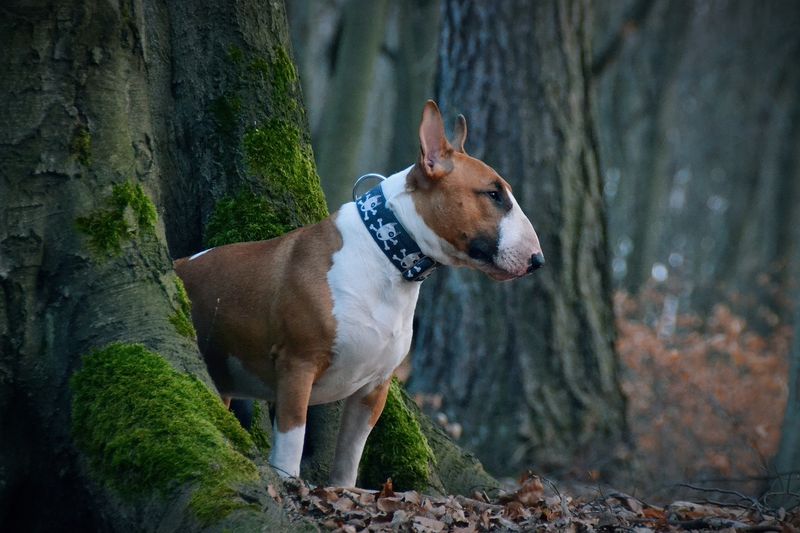
Recognizable by their egg-shaped heads, Bull Terriers bring determination and stubbornness to every interaction. Their playful roughhousing can quickly escalate into genuine conflict when other dogs misinterpret their intentions.
These muscular dogs have strong jaws and don’t always recognize when to stop. Many Bull Terrier rescue organizations recommend them as only pets due to their tendency toward same-sex aggression and resource guarding.
8. Cocker Spaniel
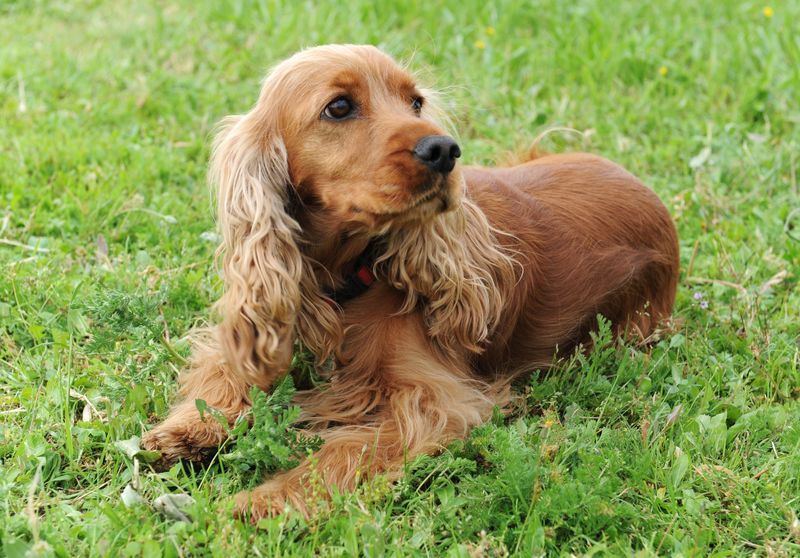
Surprising to many, these adorable floppy-eared dogs can develop significant aggression toward other canines. Their popularity has led to poor breeding practices, resulting in nervousness and fear-based reactivity in some lines.
Cocker Rage Syndrome, though rare, causes unpredictable aggression. Even well-bred Cockers may become possessive of their owners, viewing other dogs as competition for attention and affection.
9. Rottweiler
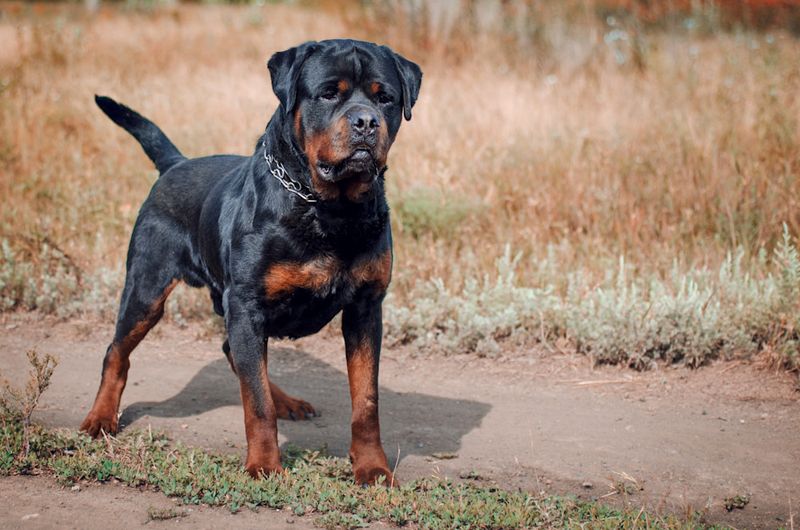
Powerful guardians with ancient roots, Rottweilers approach unfamiliar dogs with natural suspicion. Their protective instincts make them wary of canine strangers, especially those approaching their family or territory.
A well-trained Rottie can learn appropriate social behavior. However, their imposing size and strength mean even play can intimidate other dogs, creating tense situations that may escalate without careful management.
10. Lhasa Apso
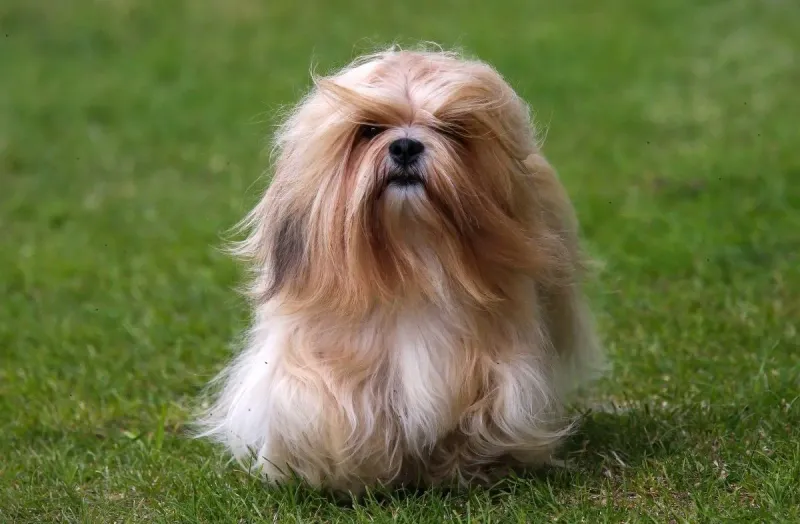
Beneath that flowing coat lies a fierce guardian with a 1,000-year history of monastery protection. Lhasa Apsos were bred to alert Tibetan monks to intruders, not to make friends with them.
These small dogs possess surprising confidence and territorial drive. Their royal heritage seems to inform their attitude – they often act like tiny emperors who expect other dogs to respect their authority and personal space.
11. Alaskan Malamute
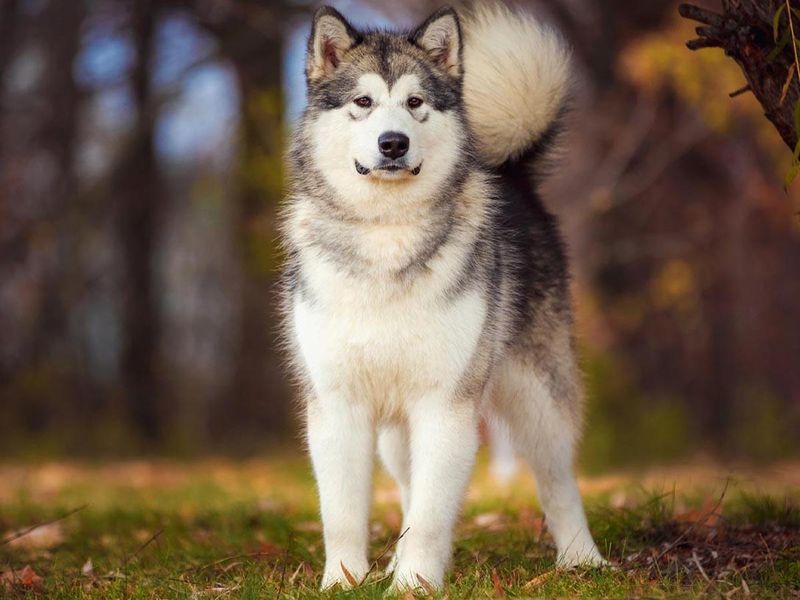
Born to work in harsh conditions, Malamutes developed strong pack hierarchies that can translate poorly to casual dog interactions. They frequently challenge other dogs for dominance, especially those of similar size or same gender.
Their wolf-like appearance hints at their primitive social structure. Many Malamute rescues report that these powerful sled dogs do best either as solo pets or in carefully selected pairs with established hierarchy.
12. Dogo Argentino
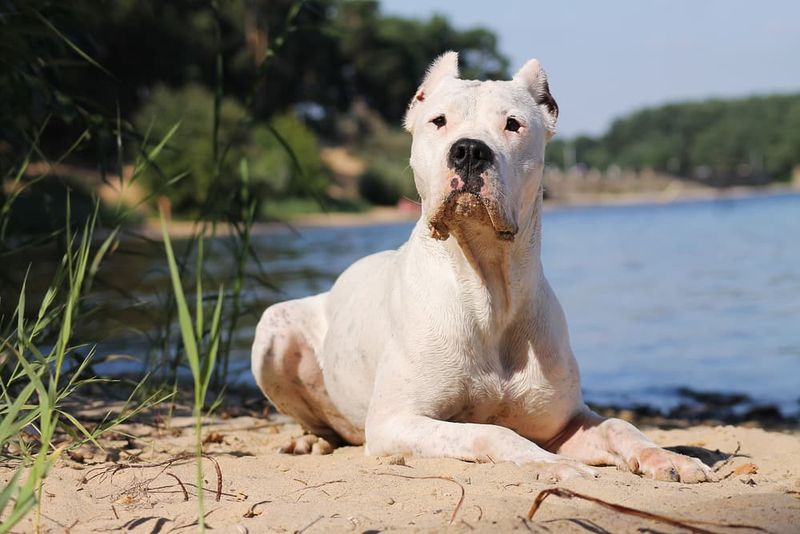
Developed for big game hunting, the Dogo Argentino possesses remarkable strength and determination. Their hunting background makes them prone to viewing smaller animals – including other dogs – as potential prey.
Same-sex aggression runs particularly strong in this breed. Even with extensive socialization, many Dogos maintain a low tolerance for other dogs invading their space or challenging their position in the household hierarchy.
13. Doberman Pinscher
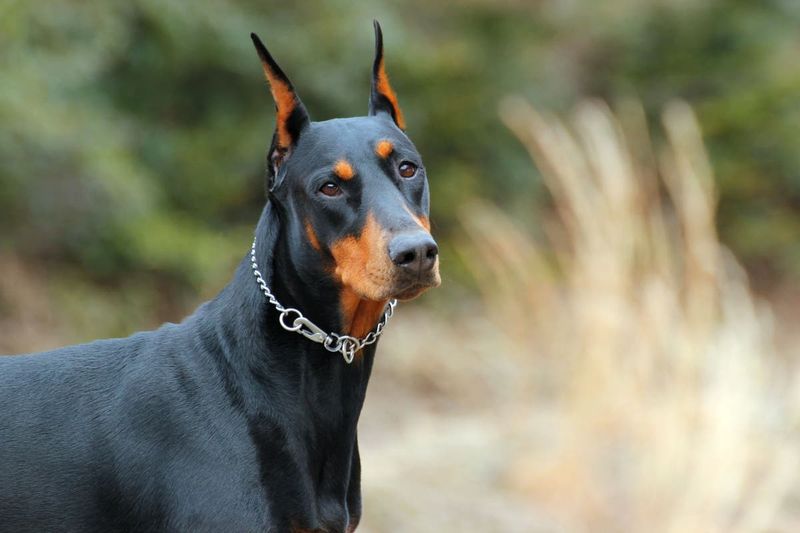
Elegant and athletic, Dobermans were created specifically for protection work. Their guardian instincts remain strong, making them naturally suspicious of unfamiliar dogs approaching their family.
Female Dobermans particularly struggle with other female dogs. Their intelligence and sensitivity mean they read subtle body language cues that humans miss, sometimes responding defensively to signals other dogs send unintentionally.
14. Chinese Shar-Pei
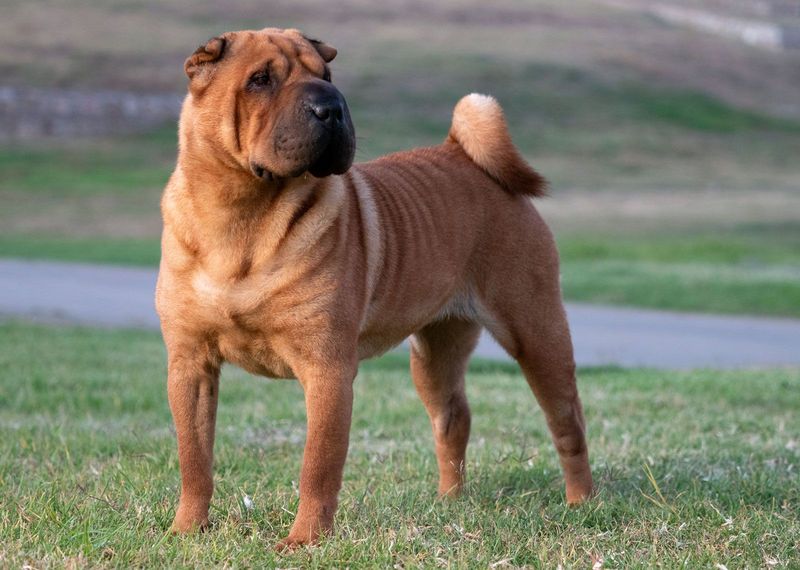
Those distinctive wrinkles hide a stubborn, independent spirit that often rejects canine companionship. Originally bred for fighting and guarding, Shar-Peis maintain strong territorial instincts that trigger conflict with other dogs.
Their unique body language, stiff posture and limited facial expressions due to wrinkles, creates communication barriers with other breeds. Many Shar-Peis prefer human company and merely tolerate other animals at best.
15. Pit Bull Terrier
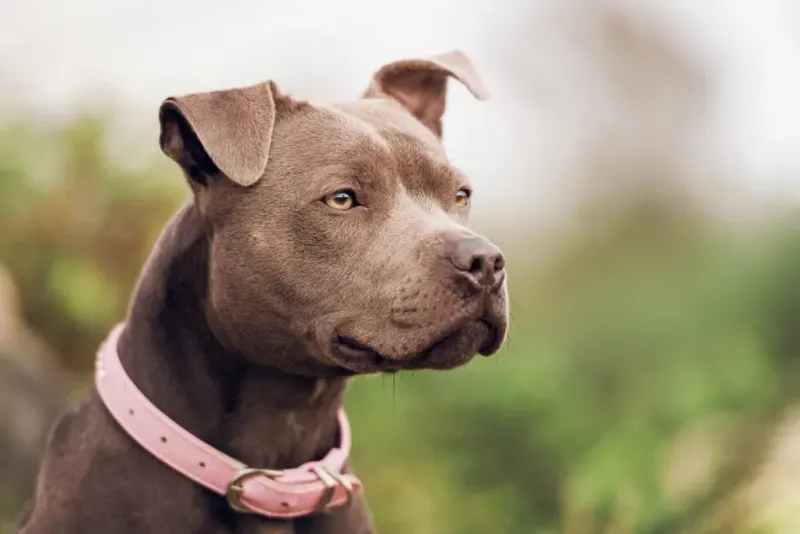
Athletic and people-oriented, Pit Bulls often struggle with dog-to-dog interactions due to their terrier heritage and selective breeding history. Their enthusiasm and strength can overwhelm other dogs even during friendly play.
Responsible owners recognize this tendency early. Many Pit Bulls live happily with specific canine companions they’ve been properly introduced to, but may remain reactive to unfamiliar dogs throughout their lives.
16. Basenji
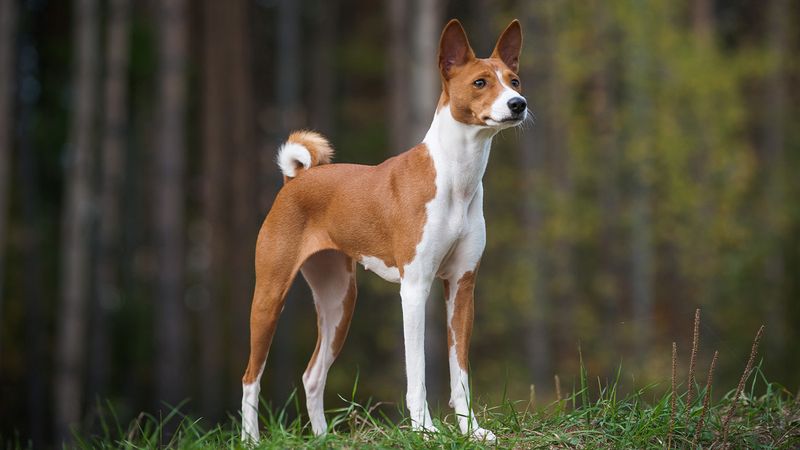
Known as the “barkless dog,” Basenjis communicate their displeasure with other canines through growls, yodels, and assertive body language. Their ancient African heritage created an independent hunter with little need for canine companionship.
Basenjis often view other dogs as competition rather than potential friends. Their cat-like personalities include territorial marking and resource guarding that can trigger conflicts in multi-dog households.



